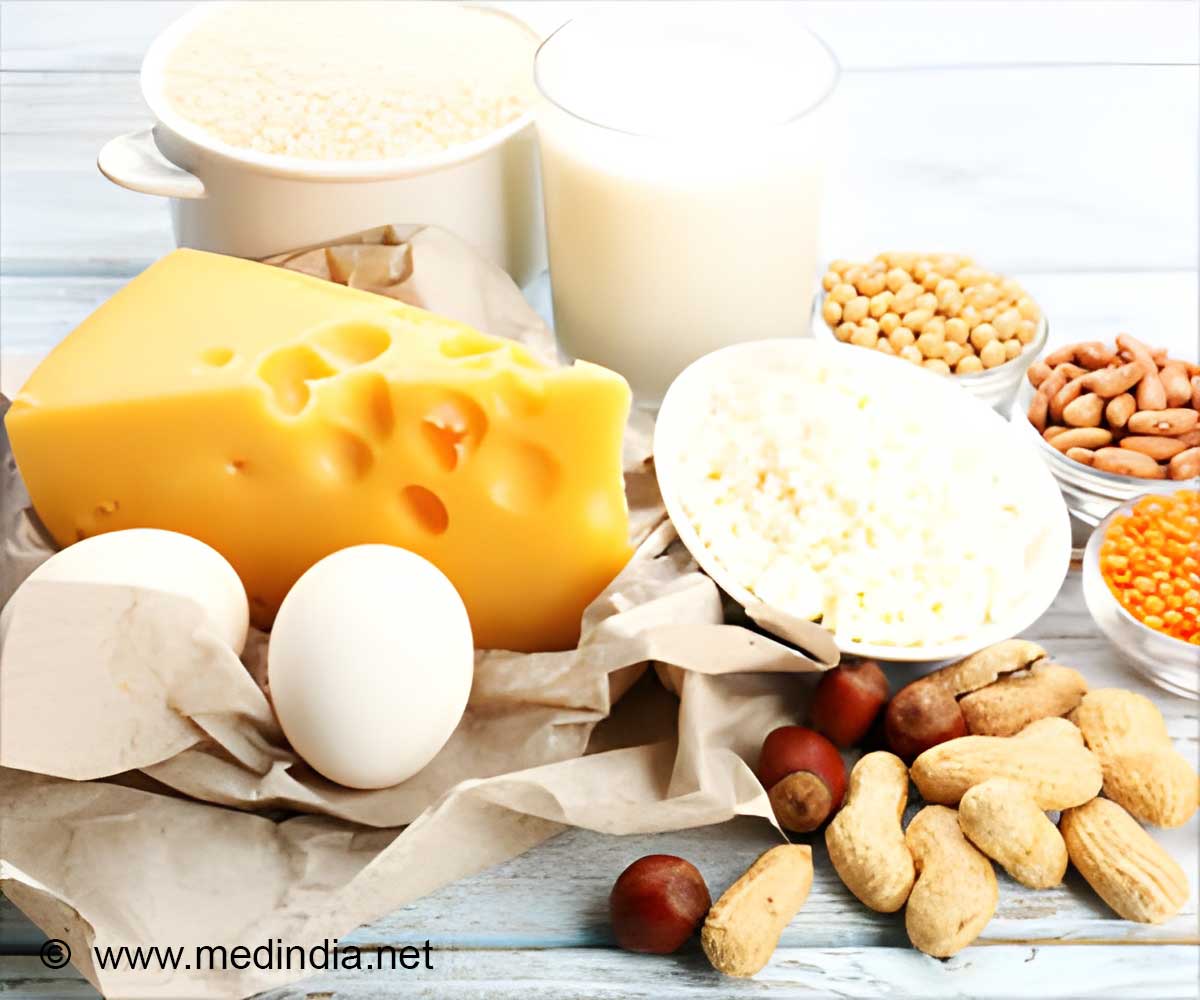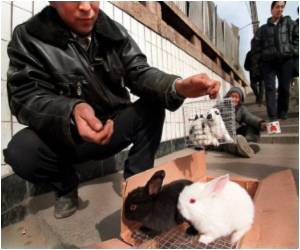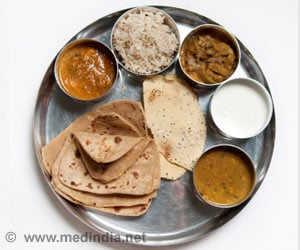Consuming dairy products can increase the risk of heart disease, type 2 diabetes, certain types of cancer, and other ailments.

‘Consuming dairy products can increase the risk of heart disease, type 2 diabetes, certain types of cancer, and other ailments.’





The animal rights organization is targeting several common dairy-industry practices such as separating calves from their mothers shortly after birth, then abandoning the males, allowing them to starve, or selling them to be killed for their flesh and skin since they cannot produce milk. "Calves deserve to stay with their mothers and nurse, yet this industry commonly casts off the males to die so that humans can steal the milk intended for them," said PETA India Senior Campaigns Coordinator Radhika Suryavanshi.
"This World Vegan Month, PETA India encourages everyone to recognize that cow and buffalo milk belongs to calves, not humans."
According to PETA India sources, some dairies even use 'khalbacchas' - stuffed dead calves hung or propped up on sticks - to try to trick mother cows and buffaloes into lactation.
A Nagpur man was recently booked for this and other cruelty to cattle.
Advertisement
Meanwhile, University of Oxford researchers have found that going meat- and dairy-free can reduce an individual's carbon footprint from food by up to 73 percent.
Advertisement
Source-IANS










